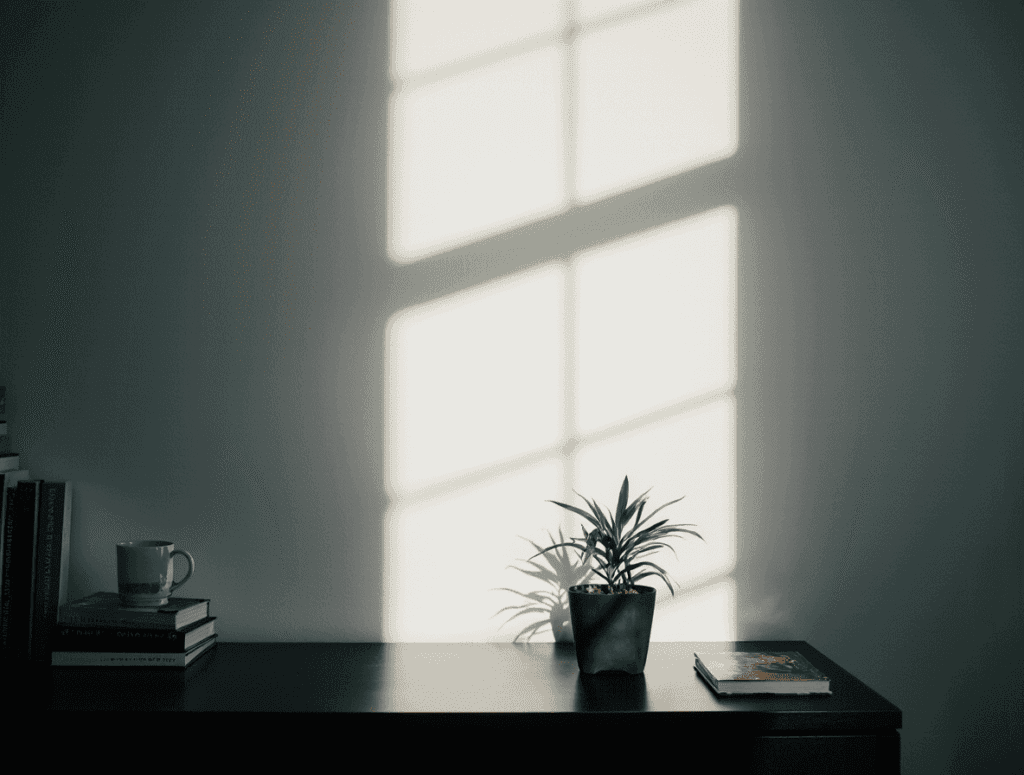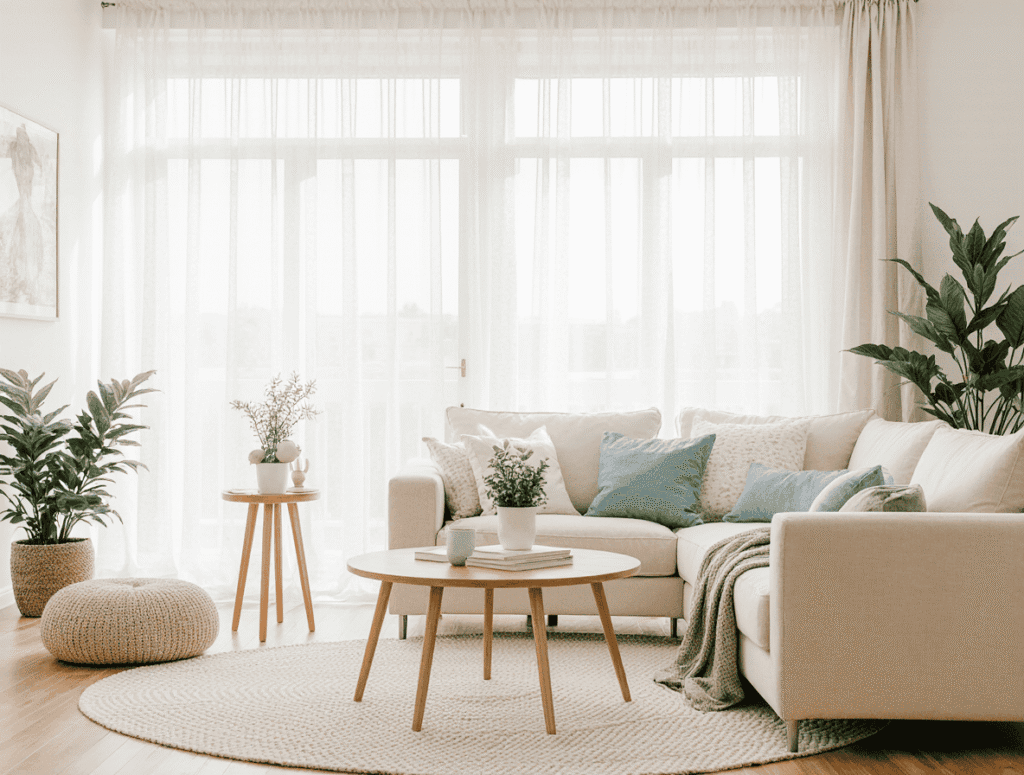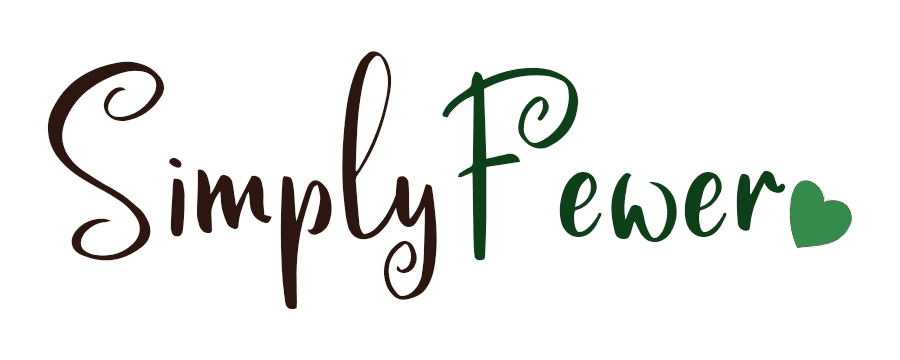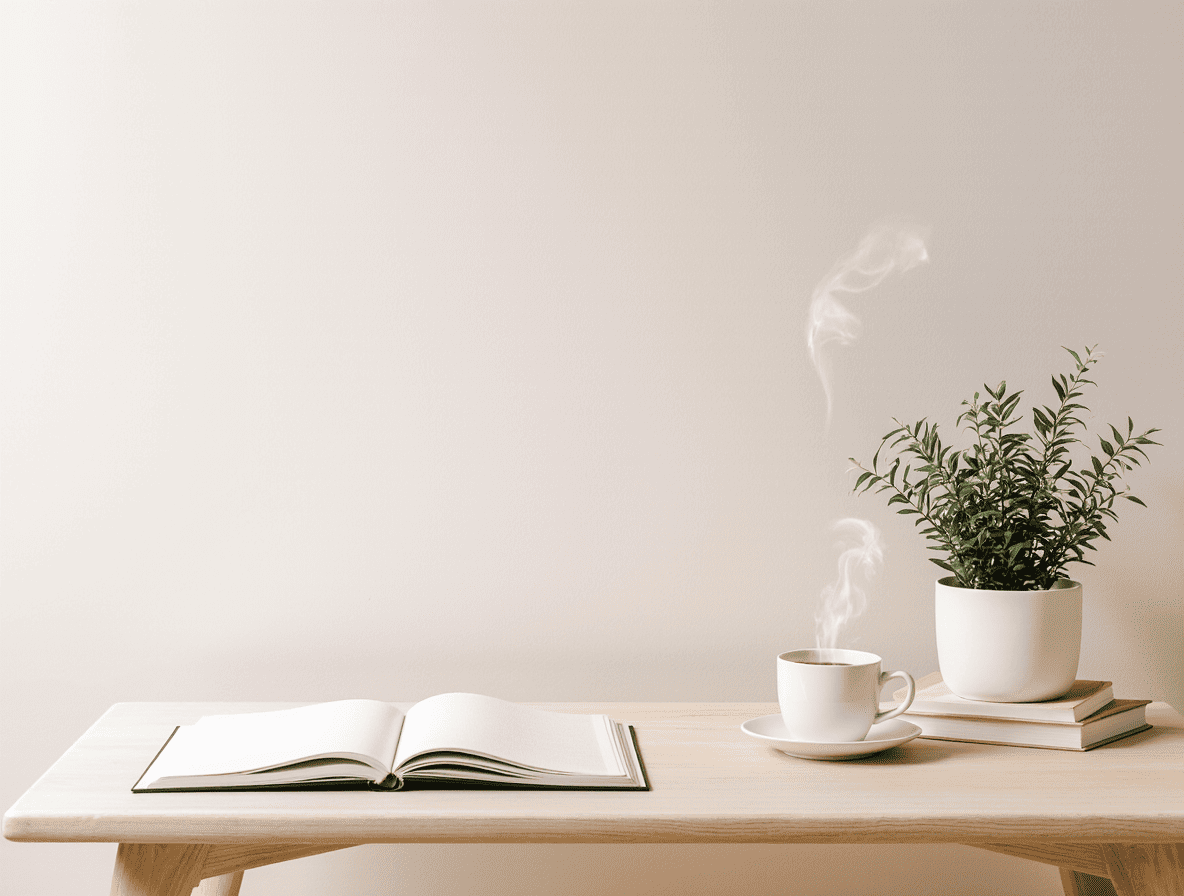Have you ever felt like your mind is a cluttered room, overflowing with thoughts, worries, and unfinished tasks? Just like a messy closet can make it hard to find your favorite sweater, mental clutter can cloud your thinking and drain your energy. The good news is that decluttering isn’t just for your home—it can be for your mind too. When you learn to declutter your mind and space, you create room for calm, focus, and creativity. This article will explore how clearing both your physical surroundings and your mental landscape can lead to powerful clarity and peace in your everyday life. Ready to start fresh and breathe easier?
Table of Contents
Why Mental Clutter Holds You Back
Mental clutter often looks invisible, but its effects are very real. When your mind is crowded with worries, to-dos, and distractions, it’s like trying to listen to a radio station with static—everything becomes fuzzy and frustrating. Research shows that mental clutter can impair decision-making, increase stress, and reduce productivity.
Imagine your brain as a desk. When it’s piled high with papers, pens, and random objects, it’s hard to focus on the task at hand. Clearing that desk gives you space to think clearly and work efficiently. Mental clutter is the same—it makes simple tasks feel overwhelming and creativity feel stifled.
Anecdote: Sarah, a busy professional and mom, found herself overwhelmed and unable to focus at work. After intentionally decluttering both her home office and her daily schedule, she noticed an immediate improvement. “It felt like my brain was finally breathing,” she shared. Mental clarity changed how she approached her days—and her mood improved dramatically.
The Connection Between Physical and Mental Clutter
Have you noticed how a messy room can make you feel stressed or anxious? It’s not just in your head—physical clutter can directly affect your mental state. Neuroscientists explain that clutter competes for your attention, creating constant low-level stress.
Clearing your physical environment acts like a reset button for your brain. When your space is tidy and organized, it signals to your mind that things are under control. This helps reduce feelings of anxiety and makes it easier to concentrate.
Metaphor: Think of your environment as the soil where your mental garden grows. If the soil is full of rocks and weeds (clutter), your plants (thoughts and ideas) can’t thrive. Clearing the space prepares fertile ground for mental clarity to bloom.
Practical Steps to Declutter Your Physical Space
Starting with your surroundings is often the easiest way to begin decluttering your mind. Here’s how you can tackle it without feeling overwhelmed:
- Start Small: Focus on one drawer, a shelf, or a corner. Trying to do everything at once is like eating a huge cake in one bite—it’s impossible and unpleasant.
- Set a Timer: Give yourself just 15-20 minutes to declutter daily. Consistency beats intensity.
- Use the Four-Box Method: Label boxes as ‘Keep,’ ‘Donate,’ ‘Trash,’ and ‘Relocate.’ This helps you make clear decisions quickly.
- Digitize When Possible: Paper piles are the silent clutter killers. Scan documents and organize digital files.
- Create “Clutter Zones”: Identify spaces prone to clutter and develop daily habits to maintain them.
Expert Insight: Marie Kondo, a tidying expert, emphasizes that only keeping things that “spark joy” helps maintain a clutter-free home and mind.
Techniques to Declutter Your Mind
Decluttering your mind involves different strategies because thoughts are intangible. Here are some practical ways to clear mental clutter:

- Journaling: Writing down your thoughts can unload mental noise and help prioritize what’s important.
- Meditation and Mindfulness: These practices teach you to observe thoughts without judgment and return focus to the present moment.
- Task Lists and Prioritization: Use to-do lists or apps to capture tasks, freeing your mind from holding everything at once.
- Digital Detox: Limit social media and screen time to reduce information overload.
- Set Boundaries: Learn to say no and delegate when possible to avoid overwhelming commitments.
Case Study: John, a software engineer, found that 10 minutes of mindfulness meditation each morning significantly reduced his anxiety and helped him start his day with a clear mind.
How Decluttering Improves Mental Health
The benefits of decluttering go beyond a tidy home—they extend deeply into your mental wellbeing. Decluttering reduces stress hormones, improves mood, and increases feelings of control and satisfaction.
When your environment and mind are decluttered, you experience better sleep, enhanced creativity, and greater emotional resilience. It’s like clearing the fog to see the path ahead more clearly.
Research: A 2010 study from UCLA found that people who described their homes as cluttered had higher cortisol levels and were more likely to experience depression and fatigue.
Creating Lasting Habits for Clarity
Decluttering is not a one-time event—it’s an ongoing practice. To maintain clarity:
- Schedule Regular Declutter Sessions: Weekly or monthly check-ins keep clutter from sneaking back.
- Adopt Minimalist Principles: Buy less, choose quality over quantity, and focus on what adds value.
- Practice Gratitude: Appreciating what you have reduces the urge to accumulate more.
- Mindful Consumption: Before acquiring new things, ask if they truly serve a purpose.
- Build a Support System: Share your goals with friends or family who can motivate and hold you accountable.
Common Challenges and How to Overcome Them
Decluttering isn’t always easy. You might face emotional attachments, procrastination, or lack of time. How do you handle these hurdles?
- Emotional Attachment: Take photos of sentimental items before letting go; this honors memories without holding onto clutter.
- Procrastination: Break tasks into tiny chunks—like cleaning one drawer at a time.
- Time Constraints: Use the 5-minute rule—set a timer and work intensely for five minutes, then take a break.
- Overwhelm: Remember that progress, not perfection, is the goal.
Anecdote: Lisa struggled to part with her late grandmother’s belongings until she realized that memories live in her heart, not objects. That shift helped her finally clear space and feel lighter.
The Ripple Effect of Decluttering
Clearing your mind and space has a ripple effect across many areas of life. Relationships improve as you’re less irritable. Productivity soars because your focus sharpens. Even your physical health benefits as stress decreases.
Metaphor: Think of decluttering like tuning a musical instrument. Once in tune, every note sounds clearer and more beautiful. Similarly, a decluttered mind and space make your daily life flow more harmoniously.

Conclusion
Decluttering for mental clarity is a powerful way to regain control, reduce stress, and invite peace into your life. When you declutter your mind and space, you’re not just tidying up—you’re creating the foundation for better focus, creativity, and happiness. Start small, be consistent, and remember that every little bit of clarity gained is a gift to yourself. The journey to a clearer mind and home begins with a single step—why not take it today?
FAQs
1. What does it mean to declutter your mind and space?
It means clearing physical items that create chaos in your environment and managing your thoughts and mental distractions to improve focus and calmness.
2. How often should I declutter to maintain mental clarity?
Regularly—weekly or monthly sessions help prevent clutter build-up and keep your environment and mind fresh.
3. Can decluttering really reduce stress?
Yes. Research shows decluttering lowers cortisol levels, which reduces stress and improves mood.
4. What’s the best way to start if I feel overwhelmed?
Begin with small, manageable areas or brief periods like 5-10 minutes. Consistency over time is key.
5. How can mindfulness help with mental decluttering?
Mindfulness trains you to observe thoughts without attachment, helping reduce mental noise and increase present-moment focus.

